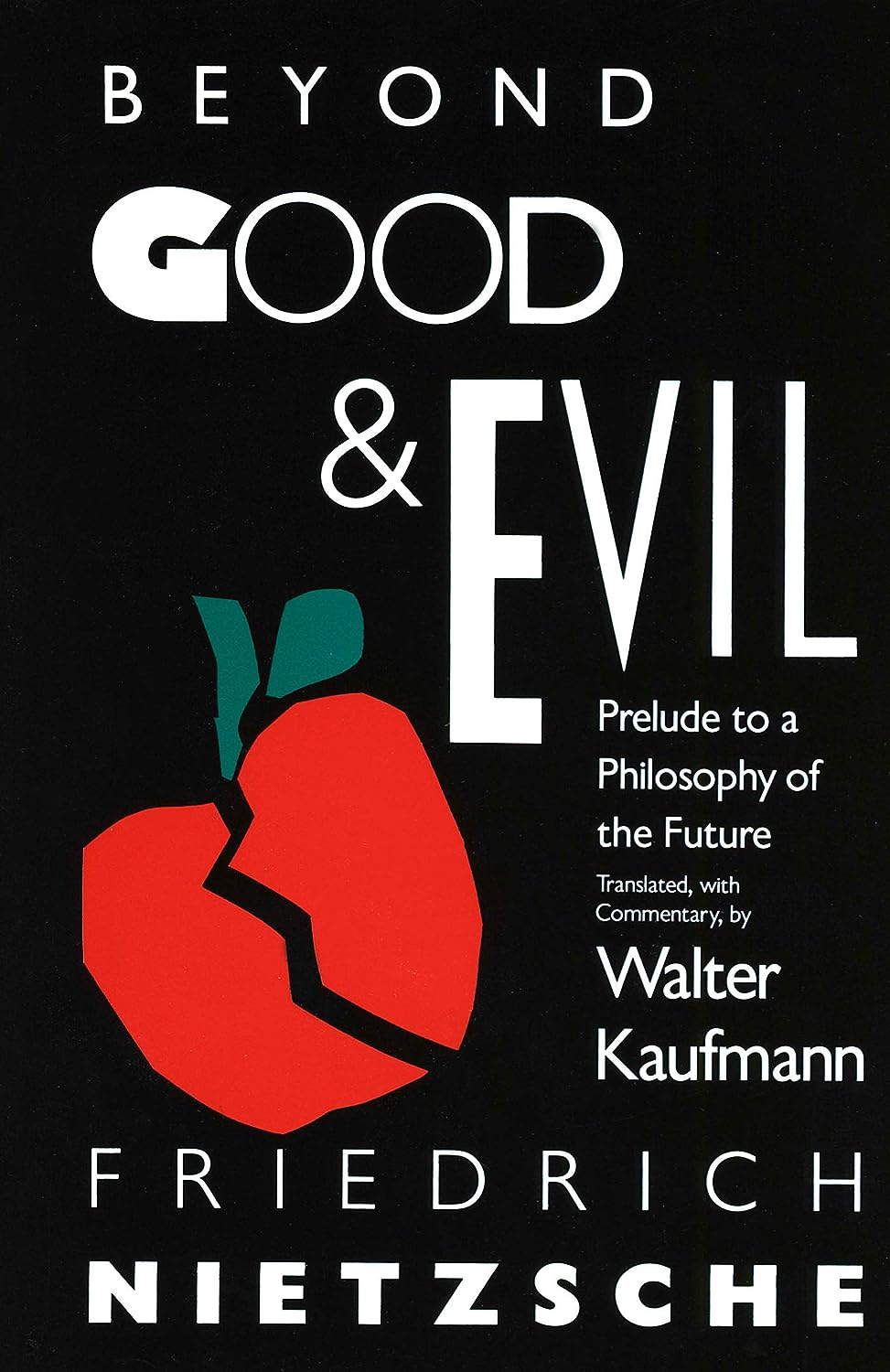← Beyond Good and Evil Prelude to a Philosophy of the Future
Beyond Good and Evil Chapter 9. What is Noble
Author: Friedrich Nietzsche, Walter Kaufmann Publisher: New York, NY: Vintage Books. Publish Date: 1886 Review Date: Status:💥
Annotations
267
The spiritual haughtiness and nausea of every man who has suffered profoundly—it almost determines the order of rank how profoundly human beings can suffer—his shuddering certainty, which permeates and colors him through and through, that by virtue of his suffering he knows more than the cleverest and wisest could possibly know, and that he knows his way and has once been “at home” in many distant, terrifying worlds of which “you know nothing”—this spiritual and silent haughtiness of the sufferer, this pride of the elect of knowledge, of the “initiated,” of the almost sacrificed, finds all kinds of disguises necessary to protect itself against contact with obtrusive and pitying hands and altogether against everything that is not its equal in suffering. Profound suffering makes noble; it separates.
267
One of the most refined disguises is Epicureanism, and a certain ostentatious courage of taste which takes suffering casually and resists everything sad and profound. There are “cheerful people” who employ cheerfulness because they are misunderstood on its account—they want to be misunderstood. There are “scientific men” who employ science because it creates a cheerful appearance, and because being scientific suggests that a human being is superficial —they want to seduce others to this false inference. There are free, insolent spirits who would like to conceal and deny that they are broken, proud, incurable hearts (the cynicism of Hamlet—the case of Galiani);28 and occasionally even foolishness is the mask for an unblessed all-too-certain knowledge.
From which it follows that it is characteristic of more refined humanity to respect “the mask” and not to indulge in psychology and curiosity in the wrong place.
